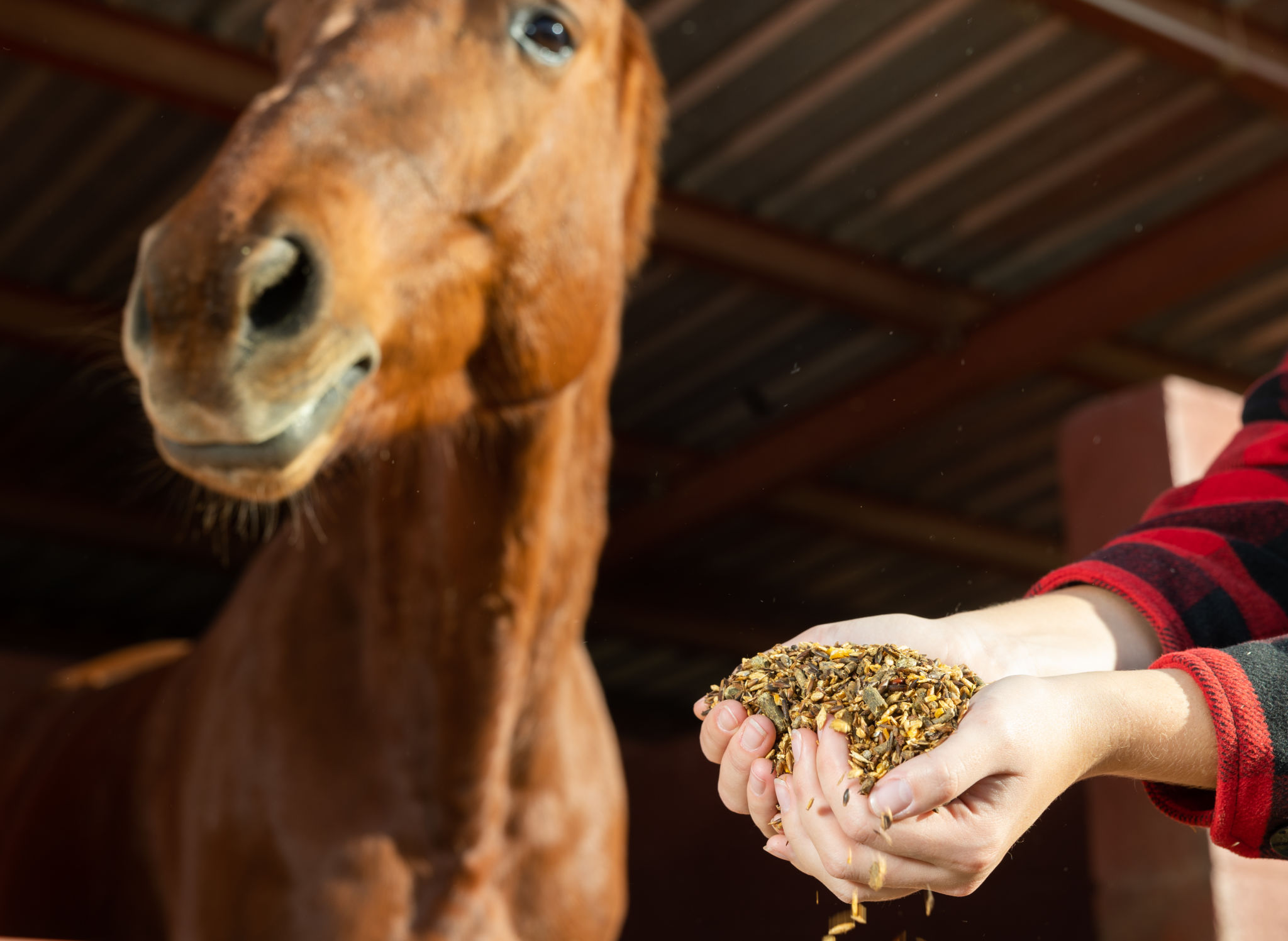Common Hoof Care Mistakes Horse Owners Should Avoid
Introduction to Hoof Care
Proper hoof care is essential for maintaining the overall health and well-being of your horse. Unfortunately, many horse owners inadvertently make mistakes that can lead to hoof problems. By understanding and avoiding these common errors, you can ensure your horse's hooves remain healthy and strong.

Neglecting Regular Trimming
One of the most frequent mistakes is neglecting regular hoof trimming. Horses' hooves grow continuously, and without regular trimming, they can become overgrown and unbalanced. It's crucial to schedule regular visits from a qualified farrier to keep your horse's hooves in optimal condition.
A good rule of thumb is to have your horse's hooves trimmed every 6 to 8 weeks. However, this can vary depending on factors such as the horse's age, breed, and activity level. Regular trimming helps prevent issues such as cracking, splitting, and uneven wear.
Choosing the Right Farrier
Choosing the right farrier is just as important as maintaining a regular schedule. Ensure your farrier has the necessary qualifications and experience. A skilled farrier will not only trim hooves but also identify any potential issues early on.

Ignoring Hoof Cleaning
Another common mistake horse owners make is ignoring regular hoof cleaning. Daily cleaning helps prevent the buildup of mud, manure, and other debris that can lead to infections like thrush. Use a hoof pick to clean your horse's hooves daily, paying special attention to the frog and sole.
During cleaning sessions, inspect the hooves for any signs of injury or abnormalities such as cracks or unusual odors. Early detection of issues can help prevent more severe problems down the line.
Poor Nutrition
Diet plays a significant role in hoof health. Poor nutrition can lead to weak, brittle hooves. Ensure your horse receives a balanced diet rich in essential nutrients like biotin, zinc, and omega-3 fatty acids. These nutrients promote strong, healthy hoof growth.

Consult with a veterinarian or equine nutritionist to develop a diet plan tailored to your horse's specific needs. Supplements can also be beneficial, but they should never replace a nutritious diet.
Conclusion
By avoiding these common hoof care mistakes, you can greatly improve the health and longevity of your horse's hooves. Regular trimming, proper cleaning, and a nutrient-rich diet are essential components of effective hoof care. Remember that prevention is always better than cure, so take proactive steps today to keep your horse's hooves in top condition.